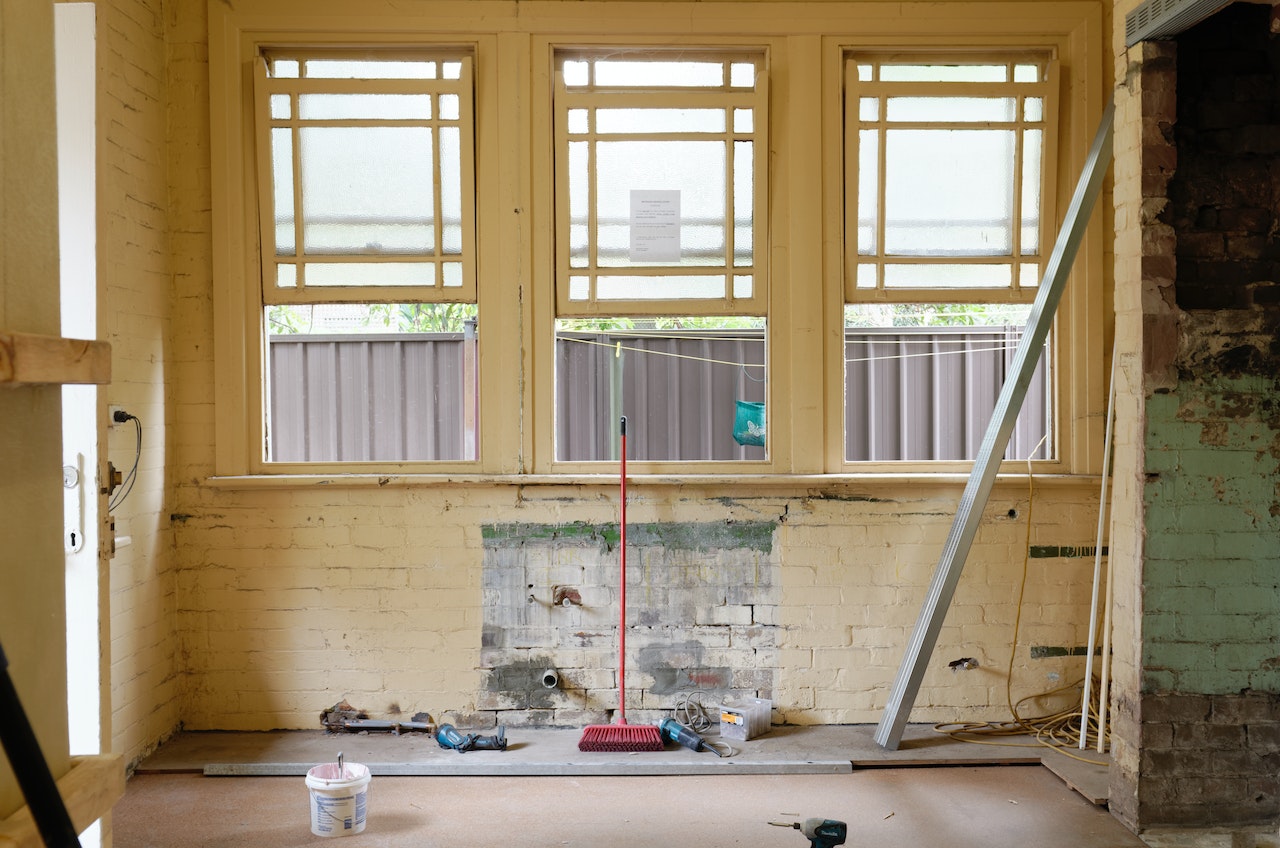Surety Bond Professionals is a family-owned and operated bonding agency with over 30 years of experience. With access to a broad range of surety markets, our expert agents are ready to assist with all of your construction bond needs.
Purpose of Commercial Construction Loans
Few project owners can put up all of the capital to pay for a commercial building project without borrowing from a bank or other lender. There may be several different sources of funds, different layers in the “capital stack,” that go into financing a commercial building project—often a combination of equity and debt. While certain stakeholders and investors contribute equity, our concern here is with the commercial construction loans that constitute the debt portion of a project’s financing. A commercial construction loan is a business loan obtained by a project owner to finance the construction or renovation of a commercial structure.
Sources of Commercial Construction Loans
Up to $5 million in construction financing can be obtained through one of the Small Business Administration’s commercial construction loan programs: CDC/504 loans or SBA 7(a) loans.
Many project owners prefer to finance construction with a commercial construction loan from a bank they have an established relationship with. Even so, they will need to furnish the bank’s underwriters with detailed construction plans, including floor plans, blueprints, construction timeline, labor and material costs, etc.
Application Requirements
Applicants for a commercial construction loan typically must provide much more information to the bank than is required when applying for a personal loan. The bar is higher because there’s usually more money at stake with a commercial construction loan. The borrower’s creditworthiness is of paramount importance because of the risk of default. In addition to a high credit score, banks making commercial construction loans look for:
- A low debt-to-income ratio, typically below 40%
- Collateral, such as accounts receivable, equipment, or property
- High debt service coverage ratio (the applicant’s annual income as a percentage of their cost of debt service)
- A builder qualified to execute the applicant’s detailed plan of construction
- Income tax returns or business profit and loss statements
No matter how well qualified the borrower may be, the bank typically will require a down payment that could be as low as 10%, but a down payment of as 50% to 85% of the total project cost is not uncommon. (The down payment required by the SBA for a CDC/504 or SBA 7(a) loan tends to be lower.) And in some cases, a personal guarantee may be required by the bank.
Commercial Construction Loan Terms
Loan terms vary from one bank to the next. Most commercial construction loans have a term of 25 years or less. And interest rates may be fixed or variable, at a certain percentage above the prime rate. Well-qualified borrowers may receive better loan terms.
Interest rates are a key consideration in today’s economic environment, as the Federal Reserve raises the prime rate to combat inflation. Although the prime rate has risen in recent months, it has been higher in the past. In fact, in early 2023, the prime rate was around the historical average after having been kept artificially low during the pandemic.
Disbursement of Commercial Construction Loans
Unlike most other types of loans, which are fully funded upon closing, construction loans have a draw schedule based on the project schedule. The builder is paid in increments when certain project milestones have been reached, so the entire amount has been paid by the time the project is completed and approved.
Construction Surety Bonds
Project owners retain a certain percentage of the funds provided by a commercial construction loan as a precaution against paying out the full contract amount before completing the job successfully. Additionally, every commercial project owner can require their builder to furnish certain construction bonds as protection against financial loss if the builder fails to live up to the terms of the construction contract.
For a long time, bonding requirements applied only to public works projects that fell under the federal Miller Act or any state-level “Little Miller” acts. Today, however, private project owners are increasingly implementing similar bonding requirements. At a minimum, contractors on private construction jobs should expect to be asked to provide a performance bond and perhaps a payment bond as well.
Call Us Today
Our surety bond professionals will help you grow your revenue by maximizing your surety capacity. Call us today!





